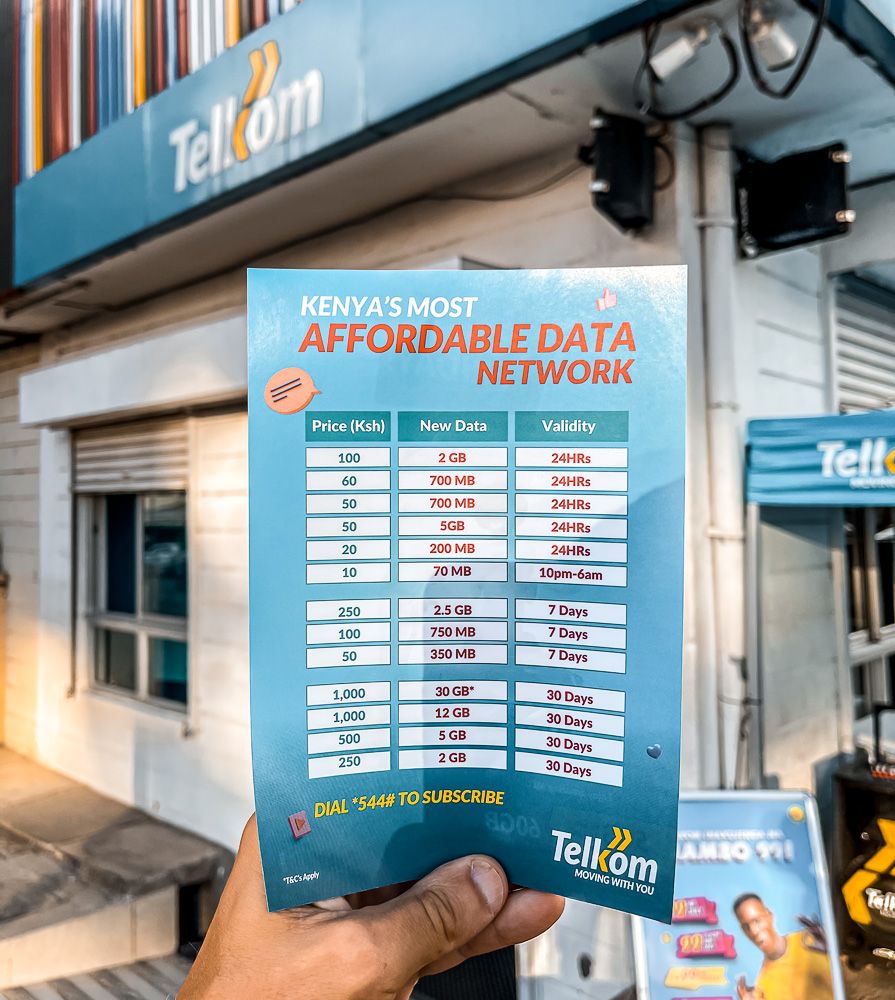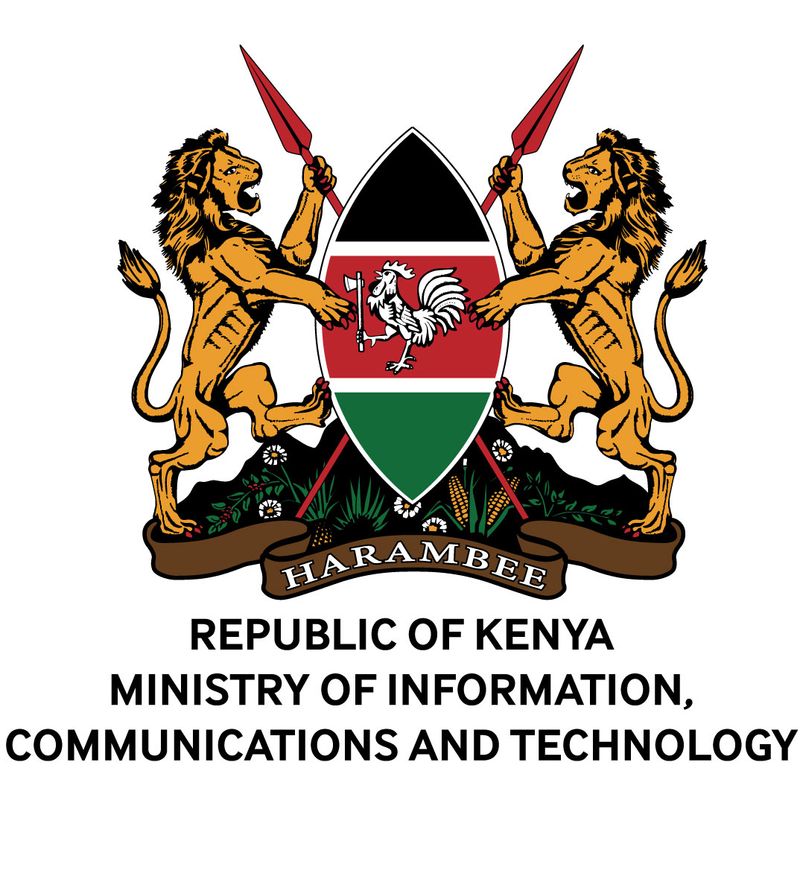Maryanne Kitany, a Member of Parliament from Aldai, filed a motion in the National Assembly calling for government regulation of internet billing by Internet Service Providers (ISPs) in Kenya through the Ministry of ICT. Her main concern is that the present cost of data could stifle the country's technological growth and innovation.
As Africa, particularly Kenya, strives to position itself as a regional ICT hub, the need for a robust and affordable internet infrastructure becomes paramount. With the government's commitment to digitization and the automation of public services under President William Ruto's leadership, the nation is on the brink of a digital revolution. However, the hurdle lies in making internet services accessible to all citizens.
Comparative Analysis of Mobile Networks
In light of Kitany's motion and the broader context of Kenya's digital ambitions, a comparative analysis of the major mobile networks becomes crucial. The four main mobile internet providers in Kenya are Safaricom, Airtel, Telkom, and Faiba.
Safaricom emerges as the leader in terms of network coverage and quality, boasting the best 4G/5G infrastructure in the country. While Airtel and Telkom have their presence, Faiba, a newer entrant, struggles to compete in terms of coverage, especially in more remote areas.

When delving into the pricing structures of the major ISPs, a nuanced understanding emerges. While Safaricom may appear slightly more expensive than its counterparts, the emphasis should be on the value provided in terms of superior network coverage.
- Faiba: Positioned as the most affordable option, Faiba offers attractive data packages. However, its limited coverage, especially outside major cities, raises concerns for travelers exploring off the beaten path.
- Telkom: With competitive pricing and reasonable data bundles, Telkom stands as a viable option for cost-conscious consumers. Yet, its limited 4G network coverage might be a drawback for those venturing into more remote areas.
- Airtel: Offering a middle ground between affordability and network coverage, Airtel provides a balanced option for users. However, its 4G network is still catching up with Safaricom.
- Safaricom: Positioned as the priciest option, Safaricom compensates with unparalleled network coverage and quality. For users prioritizing reliability, especially in areas beyond urban centers, Safaricom proves to be a worthy investment.
The government's attempts to promote digital inclusion must be supported by ISP actions to guarantee that reasonably priced, high-quality internet services are available across the entire country. A closer examination of the dynamics of Kenya's mobile networks and their part in determining the country's technological future is prompted by Maryanne Kitany's motion.


